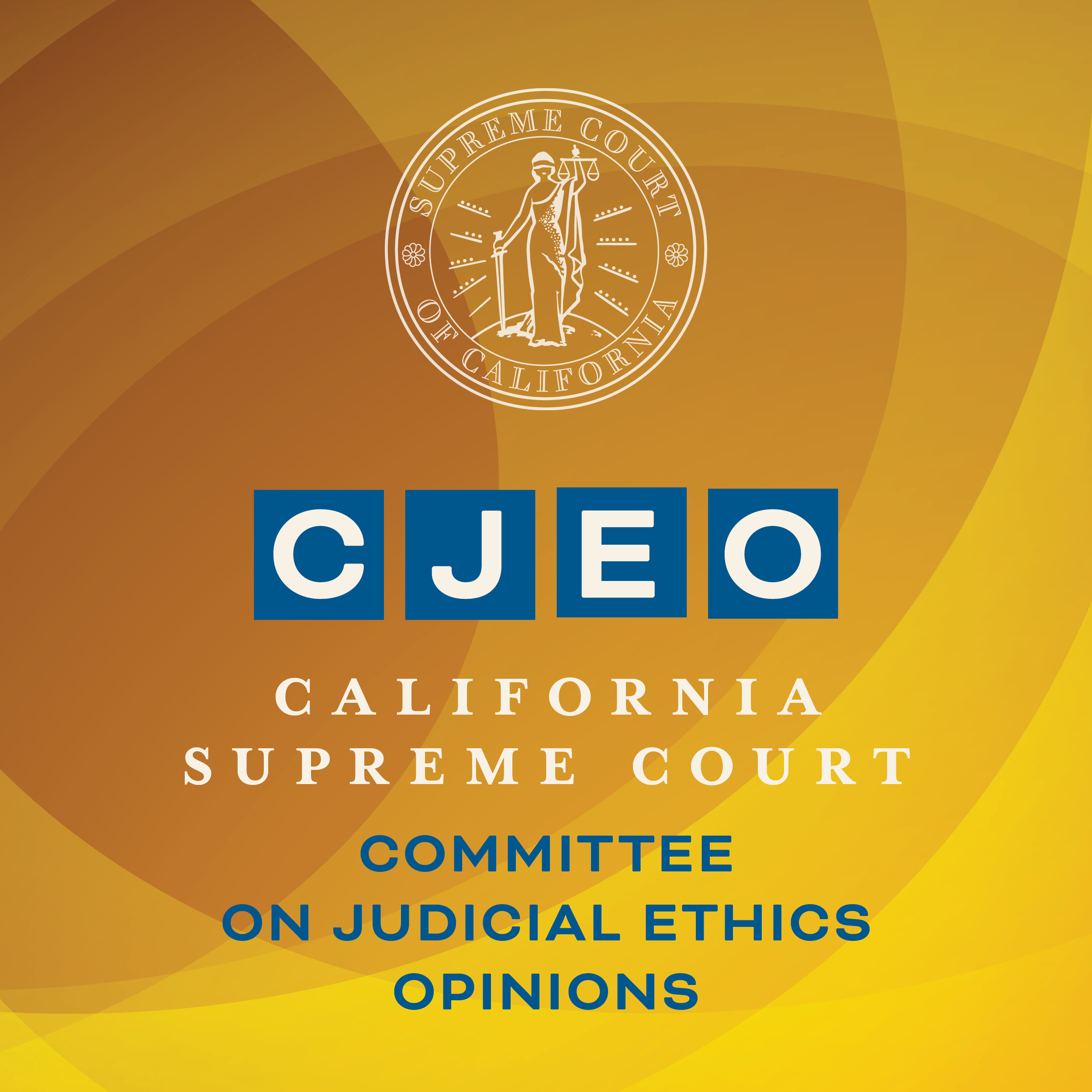Invitation to Comment: Disqualification and Disclosure Requirements Under the Racial Justice Act
The California Supreme Court Committee on Judicial Ethics Opinions (CJEO) invites public comment on a draft formal opinion addressing disclosure and disqualification requirements in cases involving Racial Justice Act claims.
In CJEO Draft Formal Opinion 2025-028, the committee advises that a judge is not automatically required to recuse themselves solely because, as a former deputy district attorney, they handled cases involving elements that might be subject to discovery under a Racial Justice Act motion or used to demonstrate a violation of the Act in a case now before them.
“Requiring disqualification in this scenario is neither practical nor necessary,” said committee member Judge Samantha P. Jessner. “This opinion delves into the ethical underpinnings of the committee’s conclusion.”
The committee’s Invitation to Comment is posted on CJEO’s website. Comments are due by July 11, and may be submitted by CJEO’s online comment form, by email to Judicial.Ethics@jud.ca.gov, or by mail to:
Jody Vakili
Chief Counsel
California Supreme Court Committee on Judicial Ethics Opinions
350 McAllister Street
San Francisco, California 94102
All comments submitted to CJEO may be posted on CJEO’s website for public review unless clearly marked as confidential.
Public comments are an important part of CJEO’s process. These comments provide useful insight and help ensure that the committee considers all potential solutions, consequences, and points of view, which serves to improve the final opinion.
About the Committee on Judicial Ethics Opinions (CJEO)
The Committee on Judicial Ethics Opinions is a 12-member advisory committee that includes appellate justices, trial court judges, two retired judges, and a commissioner. The committee is appointed and authorized by the California Supreme Court, but its work is independent of the court, the Judicial Council, and all other entities. Its opinions are advisory and do not necessarily reflect the views of the California Supreme Court or any other entity.
The committee issues formal, informal, and expedited advisory opinions on proper judicial conduct pursuant to the California Code of Judicial Ethics and other authorities. CJEO’s website includes advisory opinions, resources dedicated to specific judicial assignments and issues, and extensive judicial ethics tools and resource materials for the benefit of the bench and the public.


